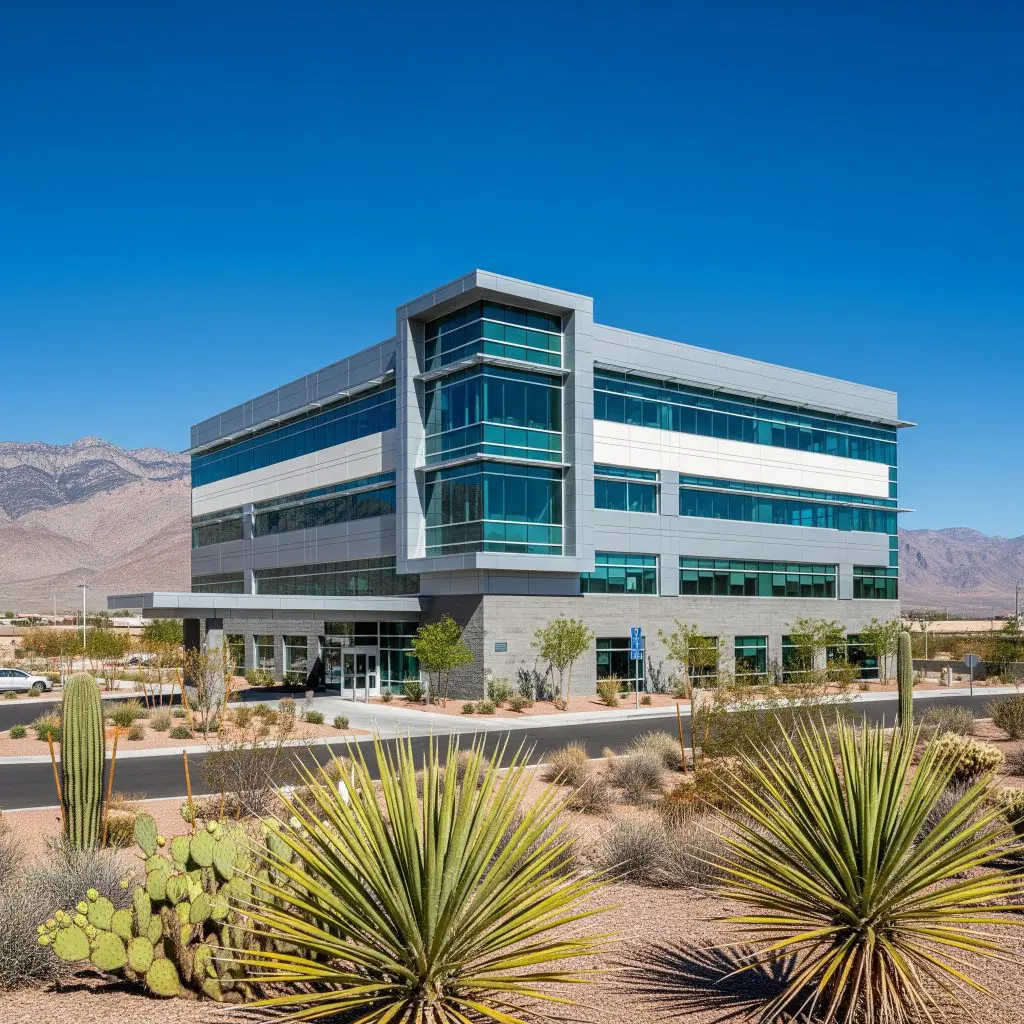How Millennials Can Build Wealth Despite Rising Inflation: Complete Guide to Budgeting, Investing, and Navigating 2025’s Economy
The financial landscape of 2025 presents Millennials (born 1981-1996, ages 28-43) with unique opportunities and challenges. With inflation remaining above the pre-pandemic trend (averaging 4.1% in 2025, according to the Federal Reserve), housing affordability at decade lows, and AI-driven job shifts reshaping career paths, it’s easy to feel financially squeezed. Yet, with the right mix of practical budgeting, creative investing, and trend awareness, Millennials can make real progress toward wealth, security, and financial freedom.
- How Millennials Can Build Wealth Despite Rising Inflation: Complete Guide to Budgeting, Investing, and Navigating 2025’s Economy
- Table of Contents
- 1. Best Budgeting Strategies for 2025: Taking Back Control
- 2. How to Start Investing with 0 in 2025
- 3. Smart Inflation Protection & Cost Management
- 4. Recommended Tools and Resources
- 5. Common Mistakes to Avoid
- 6. FAQs for Millennial Money Management in 2025
- 7. Next Steps: Take Control of Your Financial Future
Table of Contents
- Best Budgeting Strategies for 2025
- How to Start Investing with $100 in 2025
- Smart Inflation Protection & Cost Management
- Recommended Tools and Resources
- Common Mistakes to Avoid
- FAQs for Millennial Money Management in 2025
- Next Steps: Take Control of Your Financial Future
1. Best Budgeting Strategies for 2025: Taking Back Control
With costs of essentials up 13% since 2022 and wage growth slowing, effective budgeting is the non-negotiable first step:

- The 50/30/20 Method: Allocate 50% to needs, 30% to wants, and 20% to savings or debt. Adjust as needed if housing eats a larger portion of your income.
- The Zero-Based Budget: Assign every dollar a job at the beginning of each month. Apps like You Need A Budget (YNAB) and Empower (formerly Personal Capital) automate tracking and hold you accountable.
- Pay Yourself First: Automate savings transfers the day you’re paid—even if it’s only $50 per paycheck. Consistency beats size to build habits.
Example: If your take-home pay is $4,200 monthly, a modified 50/30/20 might look like:
Need capital? GHC Funding offers flexible funding solutions to support your business growth or real estate projects. Discover fast, reliable financing options today!
Test Your Expertise: The Complexities of the 1031 Exchange

As a sophisticated real estate investor, you understand that the 1031 Exchange is a cornerstone strategy for tax deferral and wealth accumulation. But beyond the basics, the intricacies of the 1031 Exchange rules can pose significant challenges. This quiz is designed to test your in-depth knowledge and highlight critical nuances that separate casual investors from true experts in 1031 Exchange transactions.
Instructions: Choose the best answer for each question.
⚡ Key Flexible Funding Options
GHC Funding everages financing types that prioritize asset value and cash flow over lengthy financial history checks:
-
Bridge Loans: These are short-term loans used to "bridge the gap" between an immediate need for capital and securing permanent financing (like a traditional loan or sale). They are known for fast closing and are often asset-collateralized, making them ideal for time-sensitive real estate acquisitions or value-add projects.
-
DSCR Loans (Debt Service Coverage Ratio): Primarily for real estate investors, these loans are underwritten based on the property's rental income vs. debt obligation ($\text{DSCR} = \text{Net Operating Income} / \text{Total Debt Service}$), not the borrower's personal income or tax returns. This offers flexibility for those with complex finances.
-
SBA Loans: The Small Business Administration (SBA) guarantees loans offered by partner lenders. While providing excellent terms (long repayment, lower rates), the application process is typically slower than private/bridge funding, often making them less suitable for immediate needs. SBA eligibility heavily relies on the DSCR metric for repayment assessment.
🌐 Learn More
For details on GHC Funding's specific products and to start an application, please visit their homepage:
The Ultimate DSCR Loan for Rental Property Quiz

Are you looking to expand your real estate investment portfolio? A DSCR loan might be the perfect tool to help you achieve your goals without relying on traditional income documentation. Test your knowledge with this quiz to see if you're ready to master the intricacies of a DSCR loan for rental property.
- Needs (60%): $2,520 — rent, groceries, utilities, insurance
- Wants (20%): $840 — dining, travel, streaming
- Savings/Debt (20%): $840 — IRAs, 401(k), loan payoff, emergency fund
Budget Hacks for Busy Millennials
- Subscription Audit: Use services like Rocket Money to cancel unused memberships, potentially saving $50/month or more.
- Cash-Back Apps: Stack Rakuten, Ibotta, and credit card rewards for $200+ annually in “free” money.
2. How to Start Investing with $100 in 2025
Don’t let high inflation eat away your savings. Even with just 0, you can begin your investing journey in 2025, thanks to fractional shares and no-commission platforms.
Action Steps
- Open a Roth IRA or Traditional IRA through Fidelity or Vanguard with as little as $1, avoiding taxes on future growth.
- Use Micro-Investing Apps like Acorns, SoFi Invest, or Robinhood to buy fractional shares of top S&P 500 or Nasdaq ETFs.
- Set Up Recurring Investments: Automate $10-25/week — with compounding, this can grow to $8,200 in 10 years at 7% annual returns.
2025 Example Portfolio (with $100)
- SPY ETF (S&P 500): $50
- ESGU (Sustainable Investing): $25
- VGT (Tech/AI Focus): $25
This provides broad market, ESG, and technology exposure—top trends for 2025, balancing growth and values.
3. Smart Inflation Protection & Cost Management
✅ Small Business Resources
-
SBA – Small Business Administration
https://www.sba.gov - SCORE Mentors (Free Mentoring & Workshops)
https://www.score.org - Small Business Development Centers (SBDC)
https://americassbdc.org
Are You an SBA Real Estate Loan Expert?

Test your in-depth knowledge on using SBA Loans for owner-occupied commercial Real Estate acquisition. These questions delve into the critical details that can impact your business's growth and financial strategy.
Millennials are most affected by rising rents, groceries, and child care rates. Here’s how to fight back in 2025:
- Negotiate Recurring Bills: In 2025’s retention-focused market, call internet, insurance, and cellular providers. 71% of callers report annual savings averaging $280 after rate haggling.
- Shop at Discount Grocers (Aldi, Costco): Can save up to $2,200/year versus traditional chains – track these savings monthly.
- Consider Series I Savings Bonds (I Bonds): Still offering 4.7% as a hedge against inflation (2025 rate), up to $10,000/year per adult.
- Embrace Remote Work Savings: Average Millennial remote worker saves $5,670/year (no commute, lunch at home, less wardrobe spend).
Emergency Fund vs Debt Payoff in 2025
- Priority: Build a starter emergency fund ($2,000–$5,000) before making extra debt payments.
- Once established, aggressively pay off high-interest debt >9% (e.g., credit cards).
- Leverage balance transfer offers (0% for 12–18 months) to accelerate repayment without interest drag.
4. Recommended Tools and Resources
- Budgeting: YNAB, Empower, Rocket Money
- Investing: Fidelity, Vanguard, SoFi Invest, Acorns, Robinhood, Public.com
- Credit Improvement: Experian Boost (average FICO score up +12 points in 60 days with on-time utilities/rent reporting)
- Loan Refinancing: SoFi, Laurel Road (student loans), Credible (mortgages)
- Job Upskilling: Coursera, LinkedIn Learning, Google Career Certificates for AI/data jobs
5. Common Mistakes to Avoid
- Waiting for a ‘Big Raise’ to Start Investing: Time in the market beats timing! Even small amounts compound over years.
- Relying Only on Savings Accounts: 2025 savings rates (3.5%) are below inflation (4%+). Put excess cash to work in low-cost index funds, I Bonds, or Series EE savings bonds.
- Underestimating Side Hustle Taxes: In 2025, gig workers must pay self-employment tax (15.3%). Use QuickBooks Self-Employed or TurboTax to track expenses and withhold appropriately.
- Not Checking Credit Reports Annually: Mistakes or identity theft can cost you thousands. Use AnnualCreditReport.com for free access from all bureaus.
6. FAQs for Millennial Money Management in 2025
- What’s the best way for Millennials to save money in 2025?
- Combine automation (auto-transfer to savings or investing), subscription audits, discount shopping, and leveraging remote work to cut unnecessary costs.
- Should Millennials prioritize investing or paying off debt in 2025?
- Build an emergency fund first, then aggressively pay down debt over 9% interest. Begin investing in employer retirement plans or IRAs at the same time if you can.
- How can AI and technology affect Millennial jobs and income?
- AI is automating repetitive tasks but also opening pathways for tech-savvy workers. Upskilling in data, software, or AI-adjacent roles is key. Use Coursera or Udemy to future-proof your career.
- Are cryptocurrencies still worth considering in 2025?
- Crypto markets are more regulated but volatile. Limit exposure to 2–5% of your investable assets unless you have deep expertise.
- What’s a realistic emergency fund goal?
- Start with $2,000–$5,000, then aim for 3–6 months of essential expenses as your assets grow.
7. Next Steps: Take Control of Your Financial Future
- Download a budgeting app and track three months of spending.
- Open an investment account with $100 or more; set up recurring automatic contributions.
- Audit and negotiate recurring bills for instant savings.
- Upskill in AI-proof careers and explore side hustles using 2025-focused job platforms (e.g., Upwork, FlexJobs).
- Commit to an annual credit and net worth review to monitor progress.
✅ Real Estate Investor Resources
-
AirDNA (Short-Term Rental Data)
https://www.airdna.co - Rentometer (Rent Comps)
https://www.rentometer.com - Zillow Research & Data
https://www.zillow.com/research
DSCR Loan IQ Quiz!

Test your knowledge of Debt Service Coverage Ratio (DSCR) loans!
In today’s economic environment, Millennials can still achieve wealth and financial independence by combining proven strategies with a willingness to adapt. Start strong, stay informed, and leverage 2025’s new financial tools. Your future self will thank you.
Get a No Obligation Quote Today.



